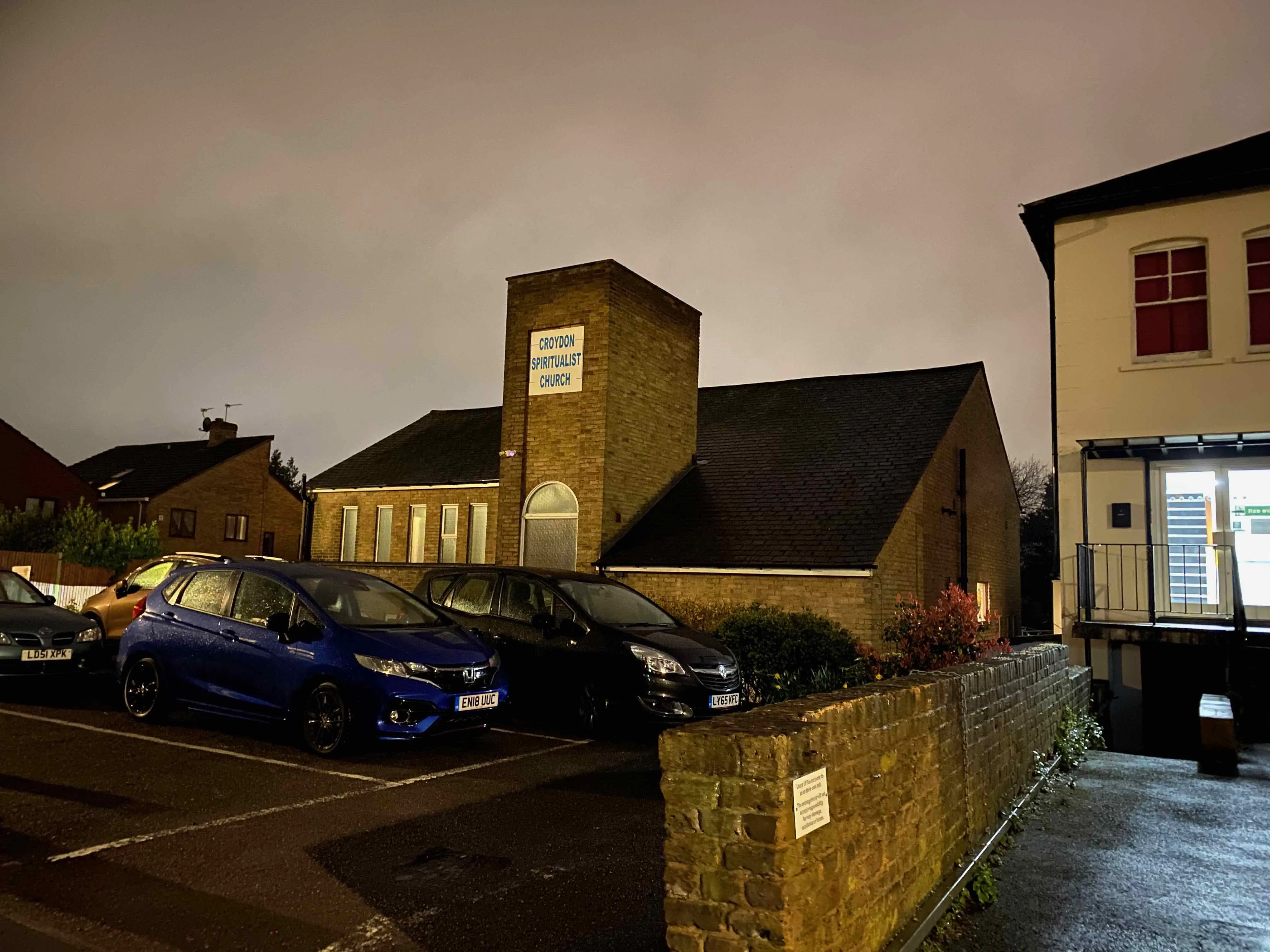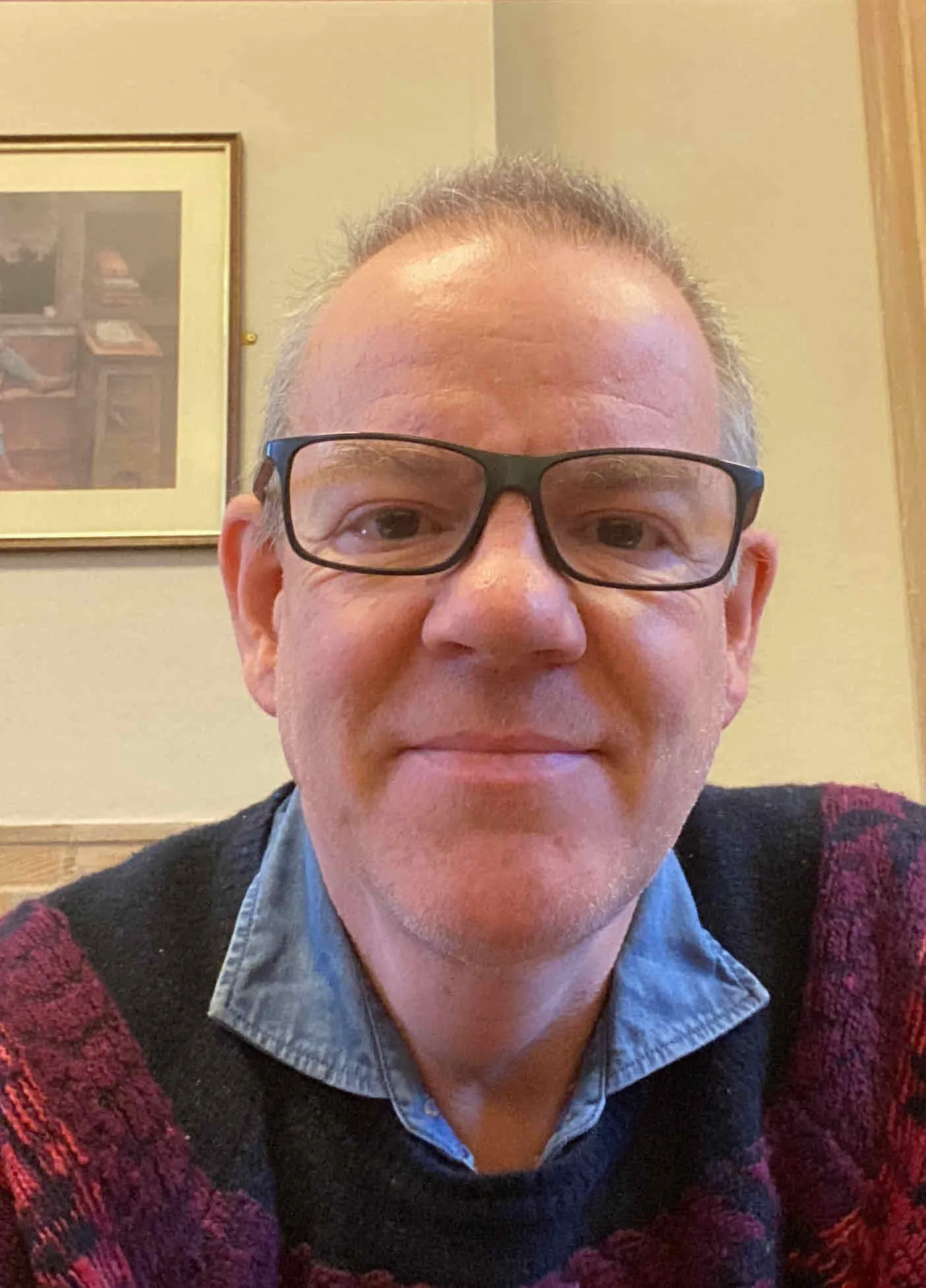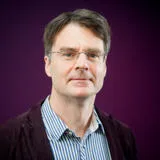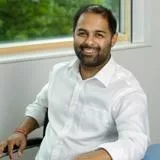Working with psychologists and neuroscientists is fascinating for me as a historian of religion. In my research on ancient Greek divination I am familiar with a world where those who heard the gods speaking to them would be treated with respect and honour. It is great to be able to apply this understanding to challenging aspects of the modern world, and I am hoping at the same time to gain insights relevant for my on-going research activities.
Professor Hugh Bowden
18 December 2020
The Voice of God in Revelation and Illness: understanding shared processes and differences through humanities, psychiatry, and experimental neuroscience
Professor Hugh Bowden is working on a cross-faculty research project investigating how revelatory experiences, like hearing divine voices, are experienced, and how they are socially understood.

Professor Hugh Bowden is working on a research project bringing together researchers from the Departments of Classics and Theology & Religious Studies with colleagues in the Cultural & Social Neuroscience Research Group at the Institute of Psychiatry, Psychology & Neuroscience, investigating how revelatory experiences, like hearing divine voices, are experienced, and how they are socially understood. The project is being funded through a grant from King’s Together.
The first stage of the project has included visits to a number of spiritualist churches, and interviews with practitioners. Spirit mediums report experiences of hearing the voices of supernatural beings, and their experience can be related to that of inspired diviners in ancient societies, such as the Pythia, the priestess who served as the voice of the Delphic oracle.
They can also be related to the experience of those suffering from conditions like schizophrenia. The project will be using research into how such ‘voice-hearers’ were treated in the ancient world, where this experience was generally valued, to cast light on the way they are often marginalised and pathologized in the modern world.

The team leading the research are Quinton Deeley (IoPPN), Hugh Bowden (Classics), Mitul Mehta (IoPPN) and Marat Shterin (TRS), with External Advisor Tanya Luhrmann (Stanford).
The full description of the project is here:
Mental health professionals frequently encounter people who report experiences of God or supernatural beings speaking or acting through them to reveal important truths. More broadly, revelatory experiences are central to religions through figures such as oracles, prophets, visionaries, and shamans. These experiences, whether interpreted as revelation or illness, include alterations in the sense of control and ownership of sensory imagery (such as hearing the voice of God); and speech or movement (such as divinely inspired speech or writing). However, at present the relationships between altered experience of selfhood and agency in these two fundamental aspects of human life – religious experience and psychopathology – are not well understood.
This interdisciplinary research proposal combines four disciplines at Kings – classics, religious studies, psychiatry, and experimental neuroscience – to address this major challenge. Each discipline has much to learn from the others. Neuroscience accounts have viewed altered self-experience through the lens of psychopathology, which has tended to be insensitive to the influence on experience of local attributions of meaning.
Social science accounts, while locating experience and its meanings within a broader social context, have not informed attempts to identify the cognitive and brain processes underlying variations in self-experience. The understanding of ancient societies provided by classics extends the range of phenomena that any adequate theory of self-experience must account for. Our key aim is to improve understanding of what underlies these distinctive alterations of selfhood and agency, and what distinguishes culturally valued experience from psychopathology across different cultures and periods of history.
The research programme investigates how in religious contexts experiences of interaction with supernatural agents are influenced by cultural beliefs and expectancies through effects on brain function; and how these processes become dysregulated in the case of mental illness. King’s researchers, collaborating with international experts, have a real opportunity to advance understanding of these fundamental aspects of human experience.
In Phase One we will focus on religious traditions in which revelation or mediumship occurs through experiences of voice hearing, thought insertion, and automatic speech – in other words, speech that is experienced as under the control of an external agent such as God, a god, or spirit.
These phenomena – which in psychopathology would be considered core symptoms of schizophrenia – occur in settings such as oracular possession in ancient Greek religion, and mediumship in contemporary spiritualism. We will achieve this through a 3 step research strategy: (i) textual and qualitative studies of the altered self-experiences of cultural practitioners (ancient Greece, and contemporary mediums) (led by classics and religious studies); (ii) interdisciplinary collaboration to develop ecologically valid experimental neuroscience methods to measure brain activity in cultural practitioners during altered self-experience; this leads to (iii) brain measurement studies of cultural practitioners.





